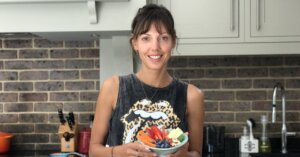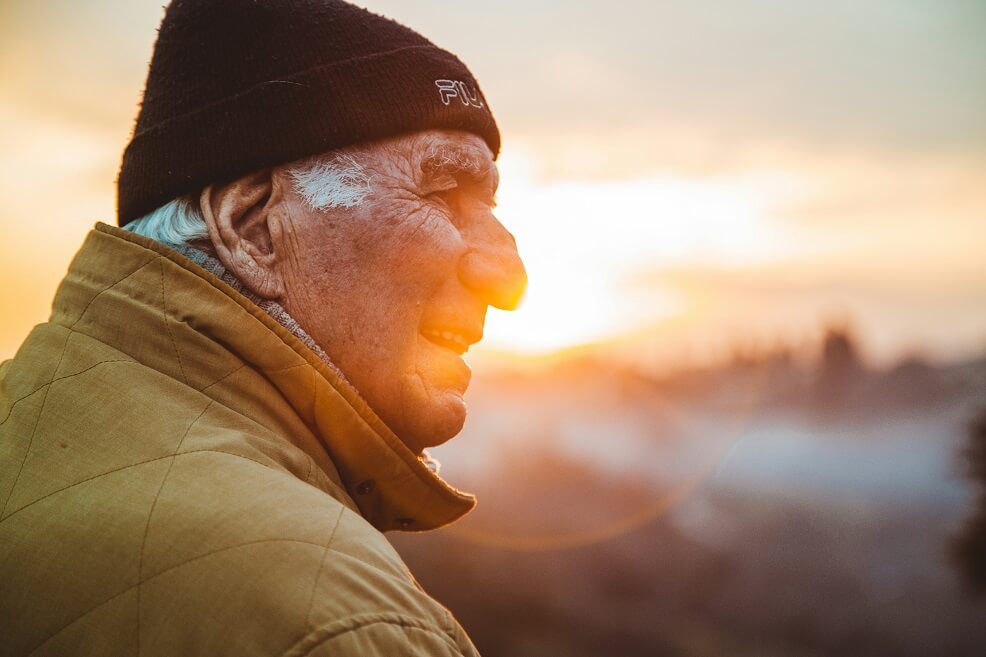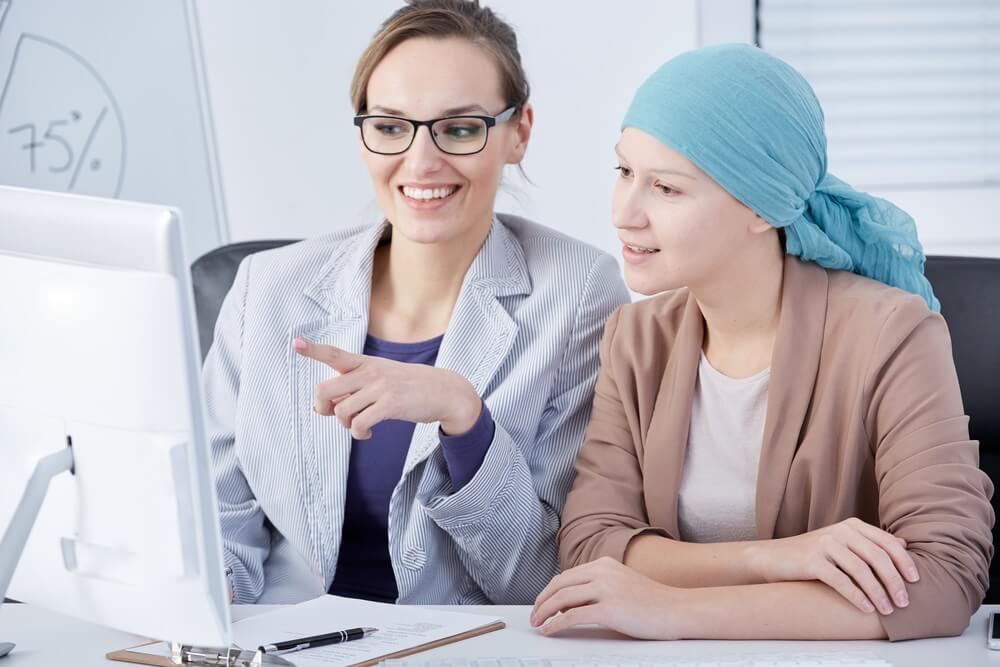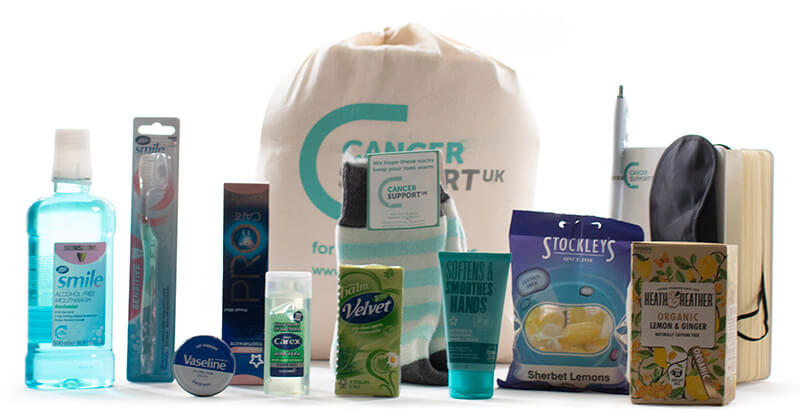
Dani Binnington is the founder of Menopause and Cancer and Healthy Whole Me
This month, Dani Binnington, founder of Healthy Whole Me and Menopause and Cancer, talks about the devastating effects of the menopause on female cancer patients. Dani was diagnosed with breast cancer at the age of 33 and at 40 found herself in a surgically onset menopause. In collaboration with world leading menopause specialists and other experts, Dani went on to create workshops, programmes and The Menopause and Cancer podcast. Dani believes that every cancer specialist nurse, oncologist, surgeon and GP needs to increase their understanding on how desperately patients need more support.
How has breast cancer changed your life? Please describe the impact, both emotionally and physically that it has had on you/your family/your life as a whole and how you have coped?
Breast cancer changed my whole life completely, and actually also that of my husband. My mental health was affected for a very long time and it was the most difficult to grapple with as my expectations were totally different from what actually happened in reality. I went on to create a lifestyle platform, The Menopause and Cancer podcast, helping people have a better menopause experience. My husband became an entrepreneur with a new healthy hair brush called Manta hair. It’s crazy how our lives changed.
What are the biggest challenges/problems (physical and mental) facing a woman who is transformed through surgery into fully menopausal.
The menopause conversation is really shifting – we’re all talking about it a lot more and most of us have a much better understanding of the benefits of Hormone Replacement Therapy (HRT), along with lifestyle steps that can help manage symptoms.
But there’s something that isn’t so widely discussed – and that’s menopause after cancer. It’s a totally different ball game and people in the cancer community often feel excluded from the wider menopause conversation. That can leave women feeling even more isolated, confused and scared at what is already a deeply challenging time. Doctors will often tell you HRT isn’t an option, depending on the kind of cancer you had, so you’re left on your own, dealing with a double-whammy of menopause symptoms and the trauma, loneliness and anxiety that can follow cancer treatment.
Here are the key reasons menopause after cancer is so different:
- You have sudden and severe menopause symptoms, after surgery or radiation of the pelvis for example
- You may have to cope with fertility loss
- You have to come off your HRT
- You might feel you shouldn’t complain after all you need to be lucky to be alive
- You might not know who can help you
- You feel you have no treatment options
- You worry about your long term health
I want to help change this and ensure women with a cancer diagnosis are given the treatment options that are right for them.
What, in your view, could be done to improve the experiences of individuals living with and beyond cancer? What were the game changers that helped you during your recovery?
We need to ensure that women who have had a cancer diagnosis get the information they need with regards to the menopause. Often this is not discussed and women feel as if they have no options at all. Many cancer treatments put women into the menopause, such as chemotherapy, radiotherapy, surgery and medication. Health care professionals need to open the conversation for us.
Being given a breast cancer diagnosis is a life changing experience for a woman. What key pieces of advice would you give to someone facing treatment/post treatment – breast surgery, chemo, radiotherapy, ongoing treatment? What does it mean to be a woman with no breasts, no ovaries etc?
“You are not your body” and “your body does not define you”. Embrace change and make it your best friend. I so desperately wanted my old life and former self back, only to realise that it was never going to happen. I changed, physically and emotionally and so did my whole life. Once I acknowledged that the old me was no longer here, I could decide who I wanted to become. Then I could actively take part in creating a new version of myself – not better, just different. That’s when life became exciting.
How effectively can cancer side effects and even mental health be managed through diet?
I’ll always say food is my medicine, but I don’t mean that it can cure my cancer. Eating well is a daily act of kindness towards myself. It means I believe I am worth investing in. Eating a balanced diet is so wonderful as it shows I am on the right track, that I look after my future health, by bones, my heart, my brain, all of me. And it can of course help mitigate some of the nasty side effects of treatment, too. When I was going though chemo I started to make smoothies and found they really helped soothe my nausea.
About Dani Binnington
Dani Binnington is a wellbeing expert, yoga teacher and founder of Healthy Whole Me and Menopause and Cancer, a not for profit organisation, which was formed in 2022.
When Dani discovered that support for people with a cancer diagnosis was lacking, she set out to create online support groups, but soon realised that this was not enough. In collaboration with world leading menopause specialists and other experts, Dani went on to create workshops, programmes and The Menopause and Cancer podcast.
The Navigating Menopause programme, which Dani co-curated with charity Trekstock won the Campaigning for change award at the Markel 3rd sector care awards in 2023.
Menopause and Cancer is working with many health care professionals to put the menopause and cancer conversation onto everyone’s map.
Dani’s Menopause and Cancer podcast is aimed at both patients and health care professionals and can be found on Apple or on Spotify .



